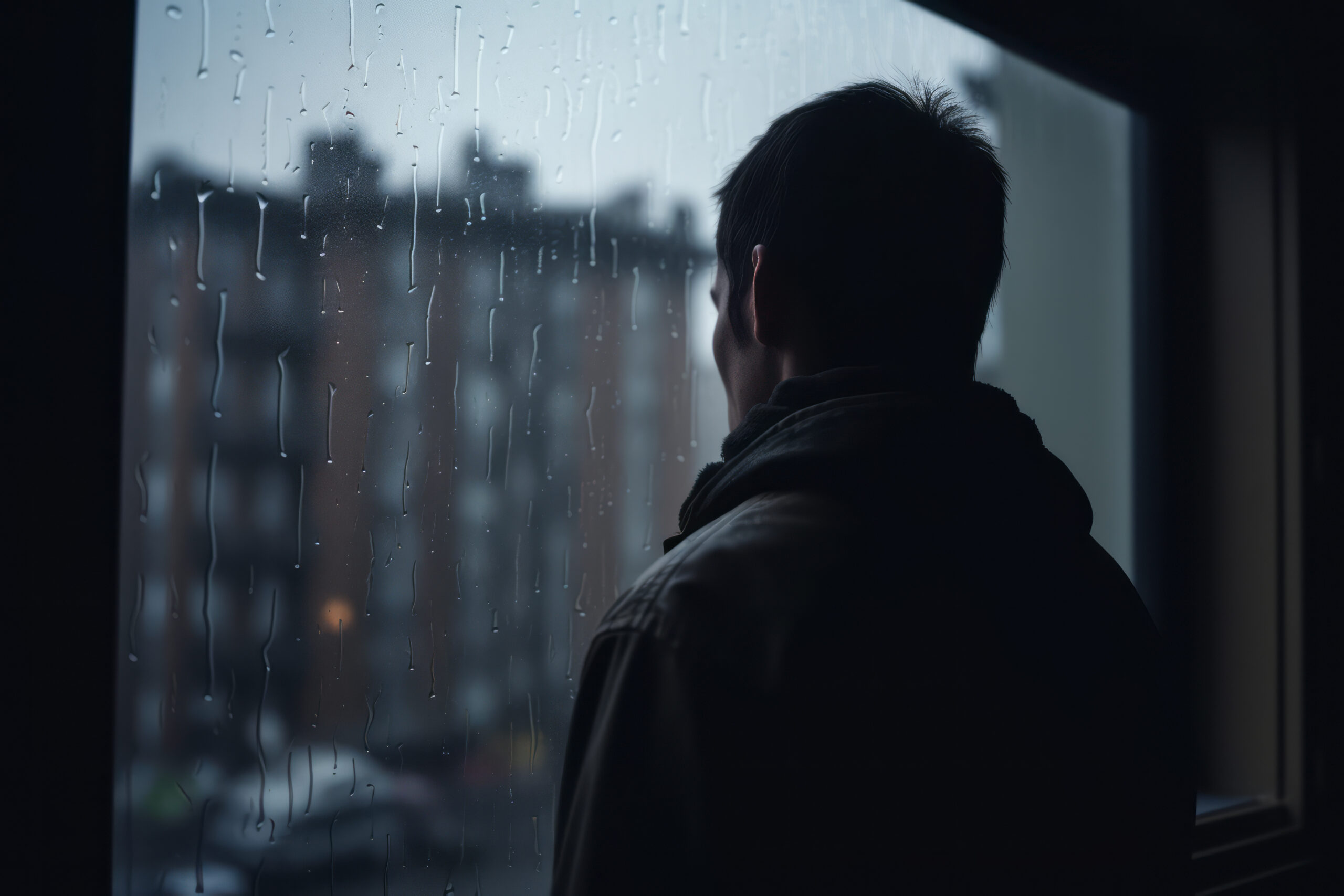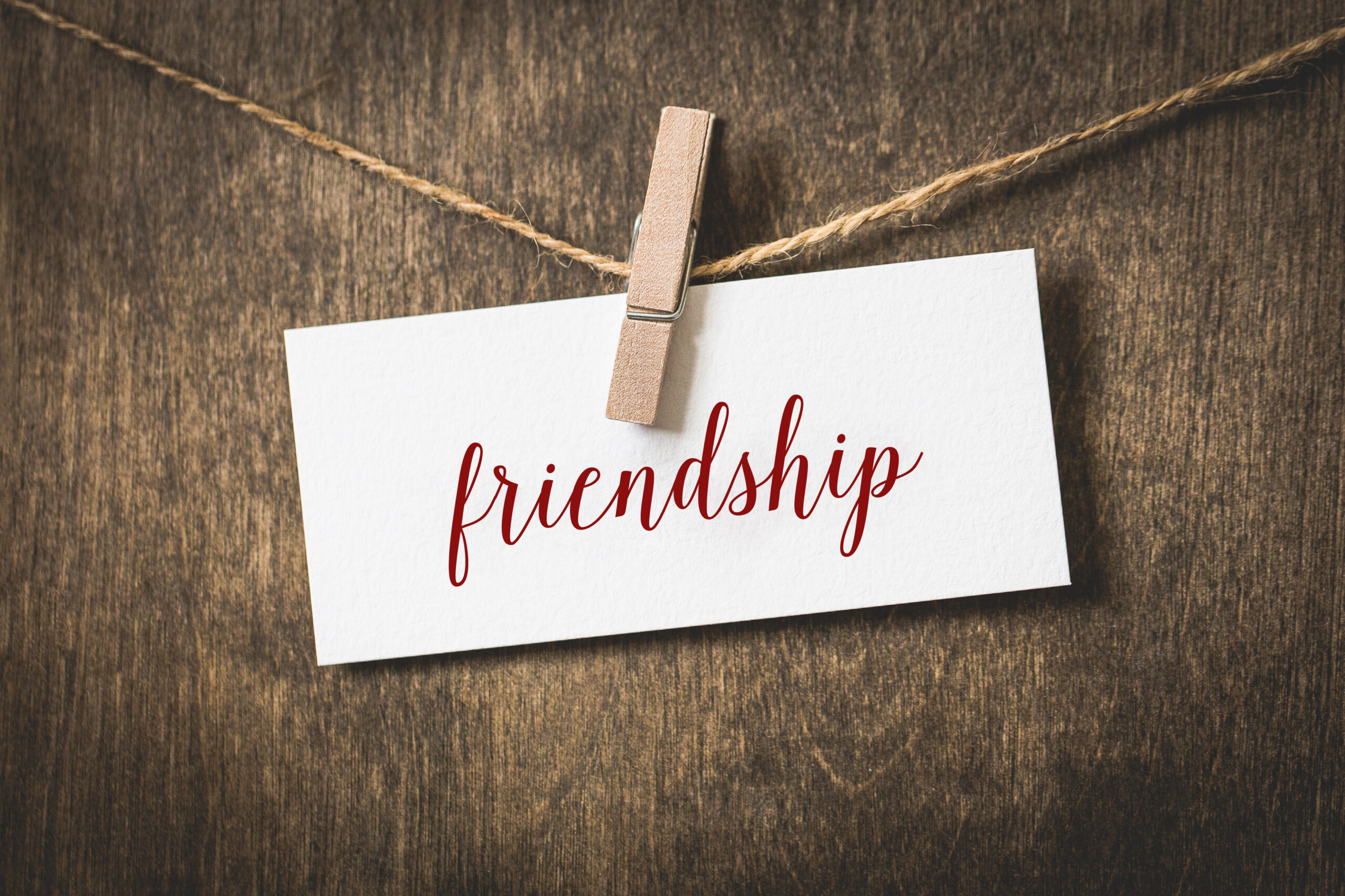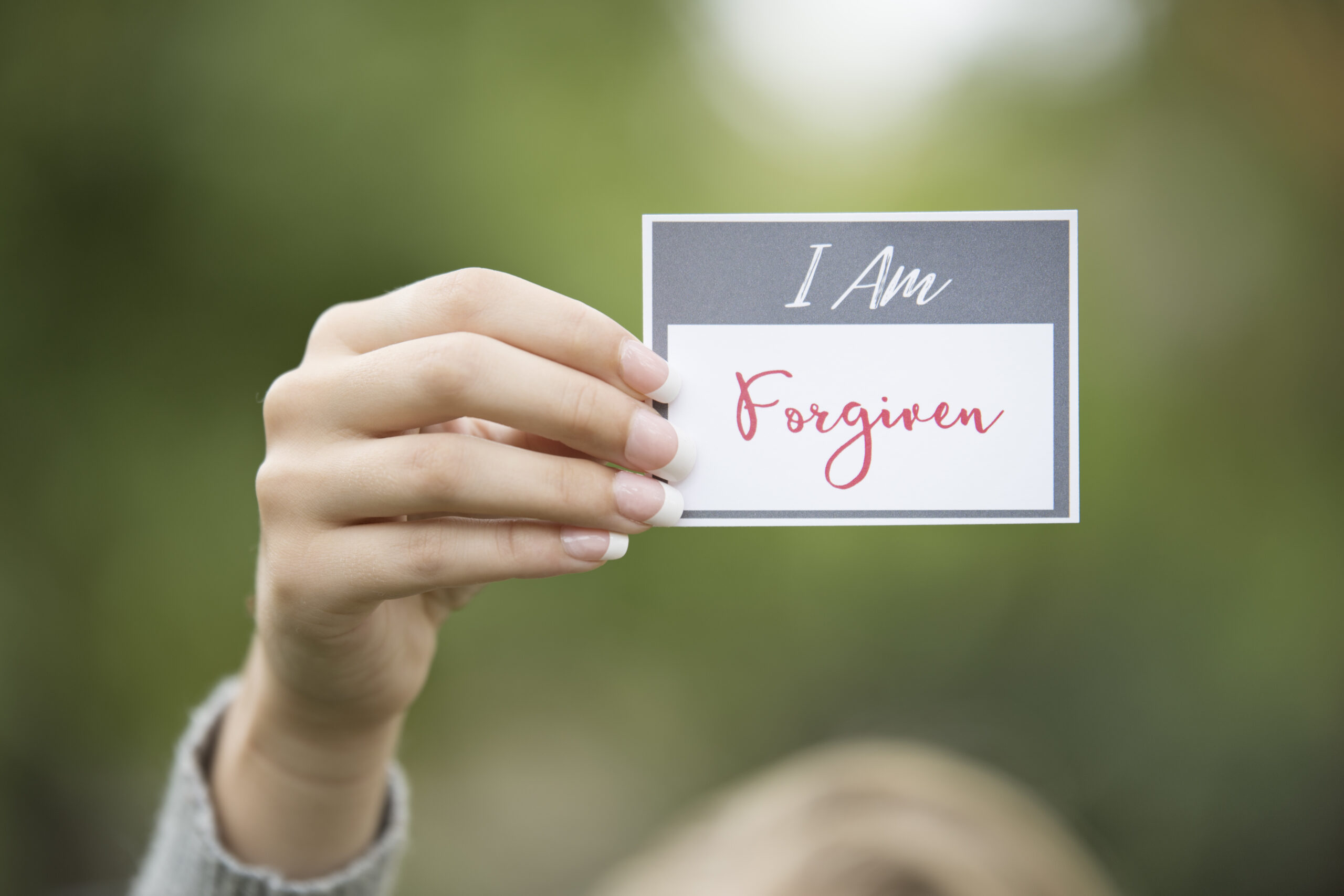

Many believe that loneliness has reached epidemic proportions in the United States. When one takes into account the COVID-19 pandemic, corresponding spike in remote work, and the amount of time many of us spend on social media, it’s no wonder that the US Surgeon General has called loneliness a public health crisis.
Most important, researchers have found a strong correlation between loneliness and mental health concerns. In a 2024 Harvard study, 81% of adults who were lonely said they suffered from anxiety or depression compared to 29% of respondents who said they were less lonely. They also noted a complex interaction between troubled feelings, where loneliness, anxiety, and depression all feed into each other.
This should come as no big surprise for those of us who suffer from mental health challenges. First, I should point out that being alone is not the same thing as feeling lonely. Many introverts relish alone time and prefer solace to an active social life. That’s fine and well. But others opt for a mix of alone time and a social life. My sister lived alone much of her adult life, but she did not consider herself lonely because she had several close friends as well as friendly neighbors in her apartment building.
This can be a delicate balance since people are much more mobile today than when I was growing up and my parents had the same neighbors for many years. They knew virtually all of them by name and even had block parties in the summer.
Today, one’s social life can change on a dime. My sister’s two best friends moved to a community four hours away. And when her chatty neighbors moved out, and new tenants moved into her building who kept to themselves, she went from being alone to being lonely. Her one solace was the local senior center where she loved playing bingo. But even that was hit and miss depending on the seniors that were there at the time, as some made friends with my sibling while others weren’t nearly as friendly. Throw in the fact that she lived hours away from us, and her isolation grew worse. It’s no wonder that 66 percent of respondents to the Harvard study chose insufficient time with family as a reason for loneliness.
I am all too familiar with feelings of loneliness – which, praise God, have been in the rear view mirror in my life for a long time. It wasn’t always like that. My first job out of college was as editor of a weekly newspaper in a community of 2,000 people a five-hour drive from my hometown. This was especially difficult in the days when four-lane highways and ample bypasses were rare in Wisconsin, tacking even more miles onto an already long drive. It was clear I would not be going home very often, not an ideal situation in a town with few single people, let alone those around my age.
It did not take long (a few months) for my worst fears to be realized. As I wrote in my book, Climbing out of Darkness: A Personal Journey into Mental Wellness, “it seemed nearly everyone in a community this size was married, leaving a single guy with little to do but tip a few beers at a local bar and watch TV alone in my apartment.” Bear in mind, this was the late 1980s, the days before the Internet and social media, when even solitary options were few and far between.
Work life and social “life”, if you could call it that, presented a Jekyll and Hyde dichotomy. From Monday through Friday, especially the ultra-busy Mondays and Tuesdays to get that week’s paper out, I was a recognizable face around town, at the diner, City Hall, grabbing a pizza Tuesday night, and other locales.
But the end of the work week was quite different.
Weekends soon turned as “exciting” as watching wet paint dry on the wall. I read and re-read that week’s newspaper. Anything I could think of to distract myself from my boredom. Remember this is many years before cell phones and virtually no one called on my land line. I had few phone numbers of locals, and even then, people were usually either not home or failed to return my calls.
With little contact with others, and crying myself to sleep on weekends, it proved very difficult to fake a cheery mood when I returned to work Monday morning. “The happy-go-lucky editor the staff met months earlier was becoming more withdrawn, less eager to share a funny joke or story.
“My toxic thinking became worse. I started to think that the locals were to blame for my boredom, and while I was able to do my job, I doubt I seemed ‘normal’ to anyone who saw me on a regular basis.”
I finally admitted to one of my staff how lonely and bored I was and asked her to shoot baskets with me on a warm Saturday afternoon. (She loved basketball.) With her husband out of town on business, she readily accepted. It helped a little, but the ease in my pain was short lived. I felt like a pity pot, having to ask, almost beg, a coworker to do something with me on a weekend. I think she was confused as well.
It was just a matter of time before my publisher sensed I was unhappy and informed me he was making a change and bringing in Joyce, a local writer, as editor. By this time, I was actually relieved about being let go and moving home. “When you’ve been stuck in darkness for months, you’re more interested in feeling better than worried about being out of work,” I wrote in my book. If you doubt that could be the case, consider this statement by author Jason Gaboury. “Loneliness is no joke. Isolation is so powerfully disorienting that solitary confinement is classified as a form of torture,” he wrote in Loneliness: An Invitation to Grow Closer to God.
Unfortunately, I was many years from accepting Christ as my Savior, so reading the Bible was not something I considered at the time. If I had, I would have found I could find comfort in His presence, and strength and peace in His love. I would have also learned I was in good company, that Moses, Elijah, Job, Paul and many others experienced loneliness. Of course, Jesus went through the deepest loneliness of all when he cried out, “My God, my God, why have you forsaken me?” (Matthew 27:46).
Little did I know that, decades later, God could use my pain to help others who were suffering from the pangs of loneliness.
I look back now and realize that while the Internet and social media may have made me feel a little less lonely, these feelings would have been only temporary. I would have also discovered, as so many are finding out today, that there is truly no substitute for face-to-face interactions and relationships. God wired us to be social beings. In fact, not having a religious or spiritual life was cited by roughly 50% of the participants in the Harvard study, as one of the causes of loneliness. For more on this study, check out this article.
I will close with another Bible verse for anyone experiencing loneliness.
“Humble yourselves, therefore, under the mighty hand of God so that at the proper time he may exalt you, casting all your anxieties on him, because he cares for you.” (1 Peter 5: 6-7)
Other helpful passages can be found aquí .
If you’re walking through something similar and don’t want to do it alone, Fresh Hope support groups are a safe place to find encouragement and hope.
Mike Jacquart belongs to a Fresh Hope support group and the author of “Climbing out of Darkness: A Personal Journey into Mental Wellness.” https://www.amazon.com/Climbing-out-Darkness-Personal-Wellness/dp/B0BQ58KJH4 A retired magazine editor, Mike enjoys sharing his story of “pushing through” on blog posts, podcasts, and other presentations. For more information, contact him at michaeljacquart8@gmail.com.






